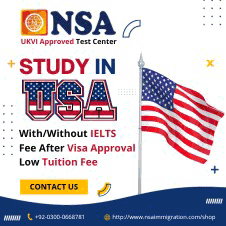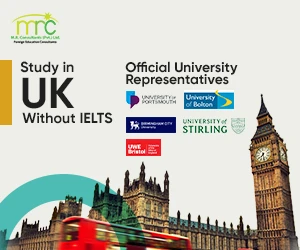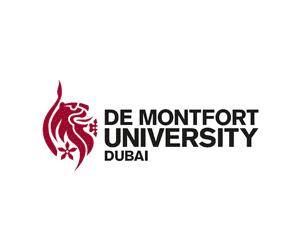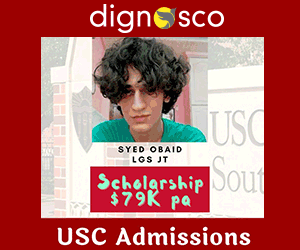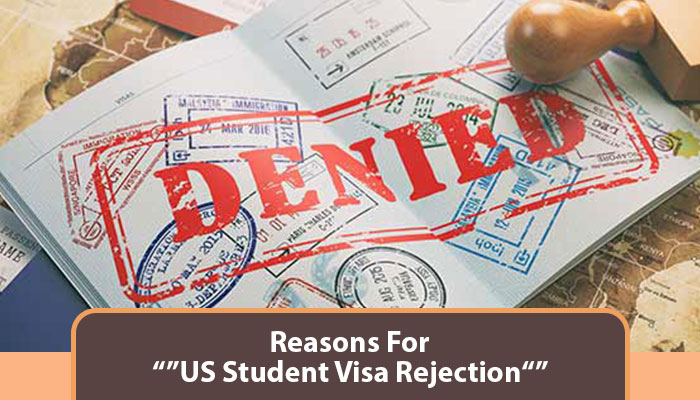
Reasons for US Student Visa Rejection
The US government offers three types of student visas: F, J, and M. Before you can apply for these student visas, you need to apply and be accepted by an endorsed US institute of Higher Education.
Types of student visas:
-
F Student Visa:
This visa is for students who want to study in a US college or university for their desired programs or to learn the English language from a US language institute.
-
J Exchange Visa:
This is the visa used by students for Student Exchange Program at high school as well as university-level education.
-
M Student Visa:
This visa is for vocational study or field training in the United States of America, these vocational studies help students to learn and gain field experience related to their working fields.
F1 Visa Interview Tips And Tricks
Reasons for US Student Visa Rejection:
United States of America has very detailed and specific visa policies. Each application is carefully reviewed and most of the applicants are interviewed by a consular. The process is very strict and to most people, it may sound frustrating and hard.
Especially in case of visa refusal, when the applicant remains disappointed and confused about what to do next. Visa rejection means that you have failed to prove your credibility to the Embassy. After visa rejection you can apply any time after 3 business days you don’t have to wait for 6 months to re-apply.
Here Are Some Reasons Why Your Visa Can Be Rejected:
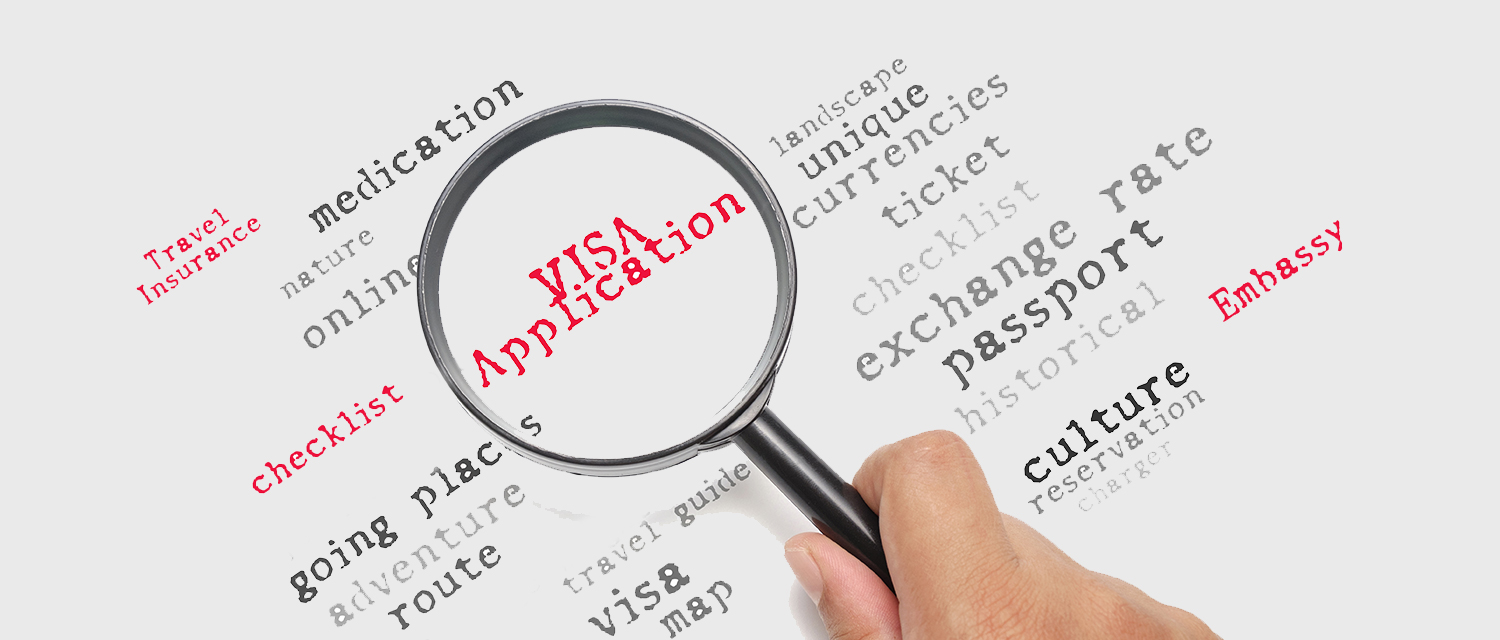
-
Missing Paperwork:
Having unverified or inaccurate documents can lead to visa denials, also if any of your paperwork is incomplete or missing, your visa will be rejected directly.
-
Criminal History:
Your visa will be rejected if you have any current or past criminal record because most countries are trying to protect their citizens from outside criminal activities, they have stern laws about who can enter their country and who cannot.
-
Over Confident During The Interview:
Being too assertive or expressing extreme confidence during a visa approval interviews, can make you come off as an arrogant person. Try to be humble and respectful during the interview.
-
Lack of information:
You should have all the related information about the country, institute, and program you are going to study and the scope of that program in future, these are all the factors that can be asked by the interviewer. If you lack any information or get confused the interviewer will consider you non-serious and reject your visa.
-
English Language:
If you want to study in the US, your English should be fluent. During the interview, the interviewer is not allowed to correct or reevaluate the candidate’s English, so an inability to speak proper English is visa refusal worthy.
-
Deficient Documented Finances:
US government have really strict visa policy to avoid fraud and trickery related to dues and funding, therefore the student visa applicant must show the ability to pay for the first year of academic program in the form of bank statement. If you or your sponsor fails to show the bank statement for the required amount your visa will be directly rejected.
-
Poor Grades:
Poor grades will dampen your chances to get a student visa because the interviewer will raise the question that if you can’t get good grades in your own country then how can you expect to get good grades in a foreign study program, depending on your poor grades interviewer will doubt your returning.
-
Social Media:
If interviewer finds any suspicious or spoiled activity on student’s social media accounts for example drinking, drugs or any lewd activity, the interviewer can question your seriousness as a student and may reject your student visa.
-
Third Country:
If a student previously visited another country using student visa and now he wants a student visa of United States of America, this may raise doubts towards your seriousness and your visa will get rejected.
-
Family Living in US:
If your family member is already staying in the USA, it may raise suspicion that are you really going to study or to stay in America even after your studies and not planning to return to your home country and pursue a career there on student visa.
-
Suspicious Institute or Degree:
If you applied to an institute which is not registered by Student Exchange Visitors Program (SEVP), interviewer will be doubtful that are you really accepted by an institute or not, it can be suspicious and your visa may get rejected.
Also See:



.gif)


 849
849
 0
0



